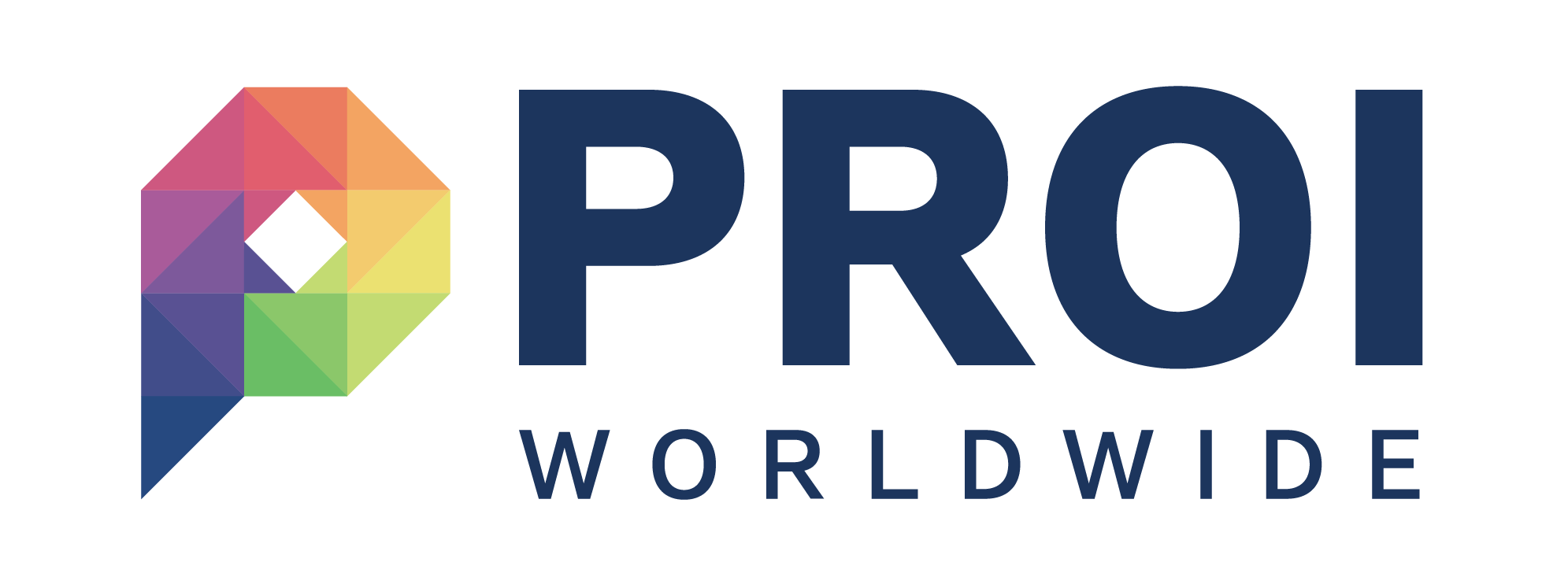Doing Business In - Switzerland
Markets

The country’s business centres Zurich, Basel, Geneva and Bern are the most important cities for the Swiss economy.
Although lacking the political and diplomatic clout of Geneva and Bern, Zurich is perhaps the country’s most important metropolis, certainly as far as the economy is concerned. Zurich is known primarily as a bankers’ and stockbrokers’ city.
Switzerland is among the world's leading producers of chemicals and pharmaceuticals. Basel, located in the triangle of Switzerland, France and Germany, is the center for pharmaceuticals, chemical, and modern biotechnology industries. Over 900 life sciences companies are present in the ‘BioValley’ region.
Basel hosts some of Switzerland’s most important multinational companies such as Novartis and Roche. Geneva is named the ‘international capital’ of Switzerland. More than 200 international organizations are located there, i.e. the ‘International Committee of the Red Cross’ and the European headquarter of the UN. Bern, the federal capital and center of political power, is residing midway between French-speaking Geneva and the economic center of Zurich to the east.
In addition to a well-developed tertiary sector (banks, insurance companies, international holding companies, tourism), Switzerland has a dynamic industrial sector (pharmaceuticals, biotechnology, machines, micro-engineering, watches, food). The high technological standard of the Swiss economy is reflected in the high percentage of the gross domestic product (GDP) applied to research and development.
Switzerland has one of the lowest tax rates and social security contributions of all the industrialized countries—companies based in Switzerland are the first to gain. Every second Swiss franc is earned abroad.
Due to its small internal market, Switzerland is one of the major export nations. The best known export articles are watches, chocolate and cheese. But far more important are machinery, electronics, chemicals and pharmaceuticals. Despite its economic presence worldwide, Switzerland, with its long tradition of neutrality, has stayed out of the EU.
Switzerland is an important commercial partner within Europe; it is the sixth-largest supplier for the European Union, behind the United States and Japan, and the EU’s number 3 customer after the USA and Russia. The biggest partner is Germany, followed by Italy, France and the USA. In 2009, 60% of exports went to EU countries, and 78% of the imports came from EU states.
www.standortschweiz.ch
Financial Services
Banks in Switzerland offer investors a broad range of financial products and services. Switzerland is a center for professional portfolio management for private customers and institutional investors.
http://www.six-swiss-exchange.com/index_en.html
Education and Training
Switzerland’s vocational training system is geared to the needs of trade and industry. A significant majority of young people complete an apprenticeship; in addition, Switzerland offers a broad network of excellent advanced colleges and universities. In proportion to its population Swiss nationals have received the highest share of Nobel prizes. Unsurprisingly, Switzerland also holds a top position internationally with regard to public spending on education and training.
Although lacking the political and diplomatic clout of Geneva and Bern, Zurich is perhaps the country’s most important metropolis, certainly as far as the economy is concerned. Zurich is known primarily as a bankers’ and stockbrokers’ city.
Switzerland is among the world's leading producers of chemicals and pharmaceuticals. Basel, located in the triangle of Switzerland, France and Germany, is the center for pharmaceuticals, chemical, and modern biotechnology industries. Over 900 life sciences companies are present in the ‘BioValley’ region.
Basel hosts some of Switzerland’s most important multinational companies such as Novartis and Roche. Geneva is named the ‘international capital’ of Switzerland. More than 200 international organizations are located there, i.e. the ‘International Committee of the Red Cross’ and the European headquarter of the UN. Bern, the federal capital and center of political power, is residing midway between French-speaking Geneva and the economic center of Zurich to the east.
In addition to a well-developed tertiary sector (banks, insurance companies, international holding companies, tourism), Switzerland has a dynamic industrial sector (pharmaceuticals, biotechnology, machines, micro-engineering, watches, food). The high technological standard of the Swiss economy is reflected in the high percentage of the gross domestic product (GDP) applied to research and development.
Switzerland has one of the lowest tax rates and social security contributions of all the industrialized countries—companies based in Switzerland are the first to gain. Every second Swiss franc is earned abroad.
Due to its small internal market, Switzerland is one of the major export nations. The best known export articles are watches, chocolate and cheese. But far more important are machinery, electronics, chemicals and pharmaceuticals. Despite its economic presence worldwide, Switzerland, with its long tradition of neutrality, has stayed out of the EU.
Switzerland is an important commercial partner within Europe; it is the sixth-largest supplier for the European Union, behind the United States and Japan, and the EU’s number 3 customer after the USA and Russia. The biggest partner is Germany, followed by Italy, France and the USA. In 2009, 60% of exports went to EU countries, and 78% of the imports came from EU states.
www.standortschweiz.ch
Financial Services
Banks in Switzerland offer investors a broad range of financial products and services. Switzerland is a center for professional portfolio management for private customers and institutional investors.
http://www.six-swiss-exchange.com/index_en.html
Education and Training
Switzerland’s vocational training system is geared to the needs of trade and industry. A significant majority of young people complete an apprenticeship; in addition, Switzerland offers a broad network of excellent advanced colleges and universities. In proportion to its population Swiss nationals have received the highest share of Nobel prizes. Unsurprisingly, Switzerland also holds a top position internationally with regard to public spending on education and training.
